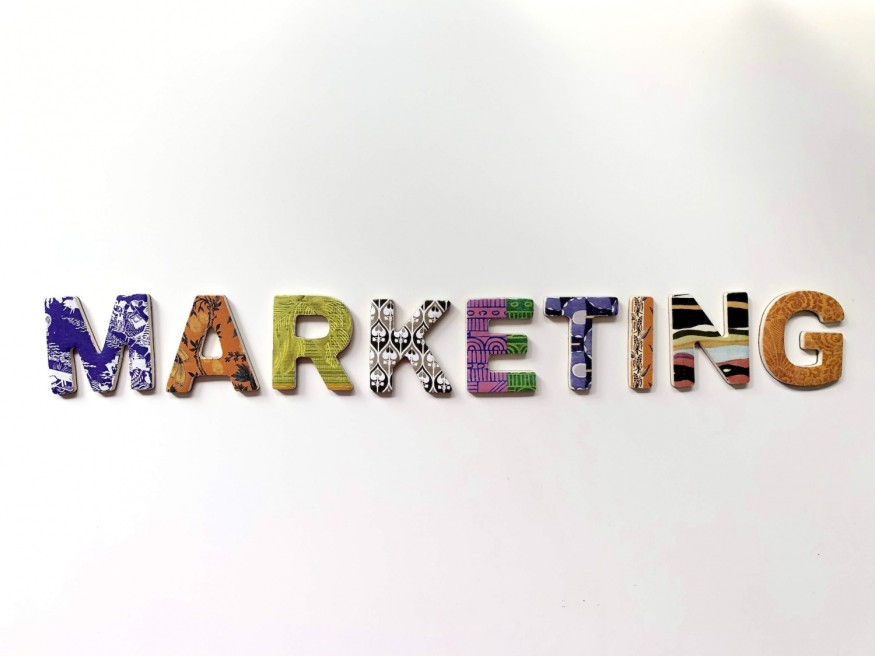
In today's rapidly evolving digital landscape, marketing constantly adapts to new technologies and consumer behaviors. As we look to the future, businesses must stay ahead of the curve by embracing emerging trends and innovations.
This article explores the exciting possibilities that lie ahead in the marketing realm and highlights four key areas that are shaping the industry's future.
Artificial intelligence and machine learning
Artificial intelligence (AI) and machine learning (ML) are revolutionizing the marketing landscape, providing powerful tools to enhance customer experiences and drive business growth. AI-powered chatbots and virtual assistants are becoming increasingly sophisticated, enabling businesses to deliver personalized and real-time customer support. ML algorithms analyze vast amounts of data to uncover valuable insights, allowing marketers to make data-driven decisions and optimize their strategies. One good example is OptoBiz.ai, a software service now available on messaging platforms beginning with WhatsApp Business, is an AI-based virtual assistant designed to converse, assist, support, and provide information to users over various communication networks. Its capabilities extend to tasks like scheduling appointments, making reservations, answering customer queries, and providing personalized recommendations. This constant availability enhances efficiency, allows for improved analytics, offers personalization, and reduces costs, enabling users to focus on more complex tasks.
AI and ML also play a significant role in automating marketing processes. From lead generation and segmentation to content creation and optimization, AI-powered tools streamline workflows and improve efficiency. Furthermore, AI-powered predictive analytics can help marketers anticipate customer needs and deliver personalized recommendations, fostering more robust customer relationships and driving higher conversion rates.
As AI and ML advance, they will play an even more significant role in marketing, enabling businesses to deliver hyper-personalized experiences, automate routine tasks, and gain deeper insights into consumer behavior.
Voice search and smart speakers
The rise of voice search and smart speakers is transforming how people interact with technology and access information. Virtual assistants like Amazon's Alexa, Google Assistant, and Apple's Siri have become ubiquitous in households, increasing voice-activated searches.
For marketers, optimizing content for voice search presents a new set of challenges and opportunities. Voice queries tend to be more conversational and long-tail, requiring a shift in keyword strategies. Marketers must focus on providing concise and direct answers to user queries to increase visibility in voice search results.
Smart speakers also open up new avenues for voice-based marketing and advertising. Brands can develop interactive and engaging voice applications, commonly known as "skills" or "actions," to deliver branded experiences and engage with their target audience. As the adoption of smart speakers continues to grow, businesses that embrace voice-based marketing strategies will have a competitive edge in capturing consumers' attention.
Influencer marketing and user-generated content
Influencer marketing has gained significant traction in recent years, and its impact will grow even further. Consumers increasingly rely on recommendations and endorsements from trusted influencers when making purchasing decisions. As a result, businesses are partnering with influencers to create authentic and engaging content that resonates with their target audience.
The future of influencer marketing goes beyond sponsored posts. User-generated content (UGC) is emerging as a powerful marketing tool. UGC refers to content consumers create, such as reviews, social media posts, direct mail services and videos, that showcase their experiences with a brand or product. By encouraging and leveraging UGC, businesses can tap into the power of social proof and build a genuine connection with their audience.
Furthermore, technological advancements are making it easier for brands to identify and collaborate with micro-influencers with a smaller but highly engaged following. Micro-influencers often have a more niche and loyal audience, leading to higher trust and engagement. We can expect to see more brands leveraging micro-influencers and UGC to create authentic and impactful marketing campaigns.
Augmented reality (AR) and virtual reality (VR)
Augmented reality (AR) and virtual reality (VR) technologies are transforming the way consumers experience products and services. AR overlays digital information in the real world, while VR immerses users in a simulated environment.
AR and VR have significant marketing implications, particularly in the retail, travel, and entertainment industries. Brands can use AR to enable virtual try-on, allowing customers to visualize products before purchasing. VR can provide immersive brand experiences and virtual tours, offering customers a taste of what a product or destination offers.
Furthermore, AR and VR can create unique and engaging storytelling opportunities. Brands can develop interactive experiences that captivate their audience and leave a lasting impression. As these technologies become more accessible and affordable, we expect increased adoption and innovative uses in marketing campaigns.
In the end
The future of marketing is filled with exciting possibilities driven by emerging trends and innovations. Artificial Intelligence and Machine Learning are revolutionizing marketing strategies, enabling businesses to deliver personalized experiences and automate processes. Voice search and smart speakers are reshaping how consumers access information, opening up new avenues for marketers to engage with their audience.
Influencer marketing and User-Generated Content provide authentic and trusted forms of promotion, while Augmented Reality and Virtual Reality enhance product experiences and storytelling.
As the marketing landscape continues to evolve, businesses that embrace these emerging trends and innovations will have a competitive edge in reaching and engaging with their target audience. By staying proactive and adapting to changing consumer behaviors and technological advancements, marketers can position themselves for success in the dynamic and exciting future of marketing.
© 2026 ScienceTimes.com All rights reserved. Do not reproduce without permission. The window to the world of Science Times.












